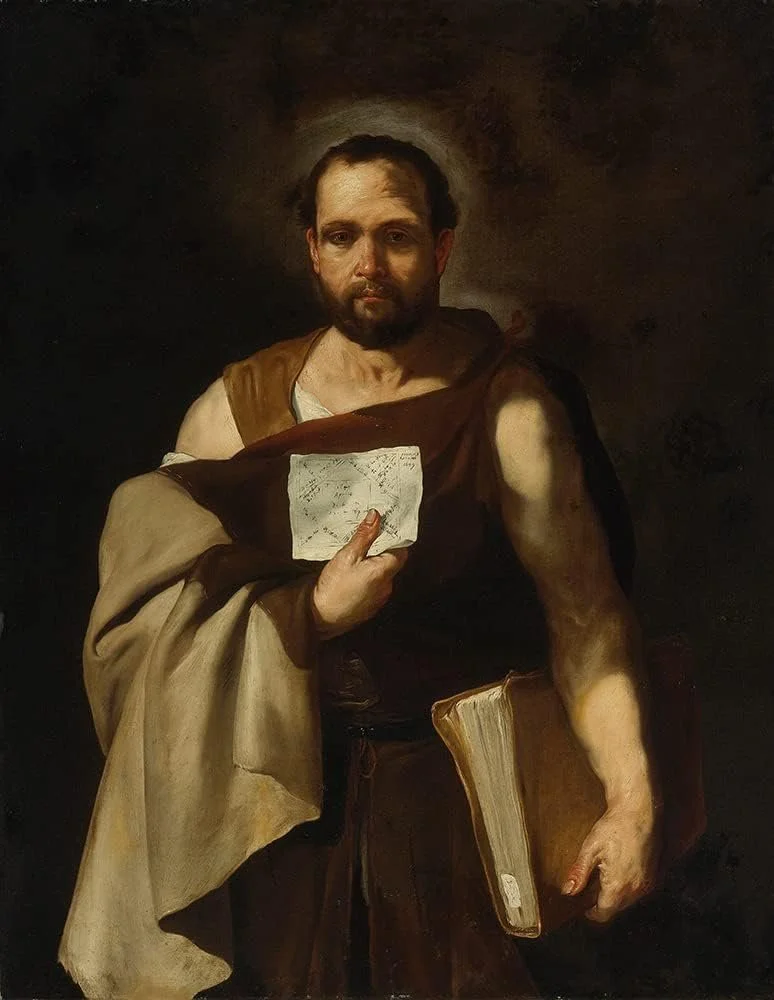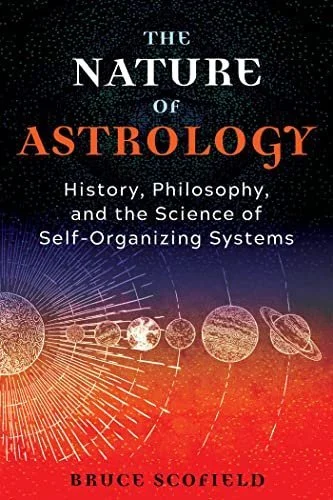Astrologers were once respected scholars in many cultures, the equivalent of today’s scientists, trusted to explain events and make critical forecasts.
“Astrology began as a study of correlations that required precise astronomical observations and real mathematical calculations, not numerology or magic rituals, to generate data from which to make forecasts or to describe a person or situation,” says Bruce Scofield in The Nature of Astrology.
“Astrology stands on its own as the subject that attempts, by means of methodical observation, record keeping, application of mathematics, and pattern recognition, to interpret correlations between the motions and positions of solar system bodies and conditions on Earth.”
Up until the early 17th century, astrologers were often synonymous with mathematicians and astronomers. But the rise of experimental science during the Renaissance eclipsed their influence in many ways and dismissed them as alchemists and magicians. Their failure to predict or prevent catastrophic events like the Black Death and its recurrences also contributed to the downfall of astrology.

